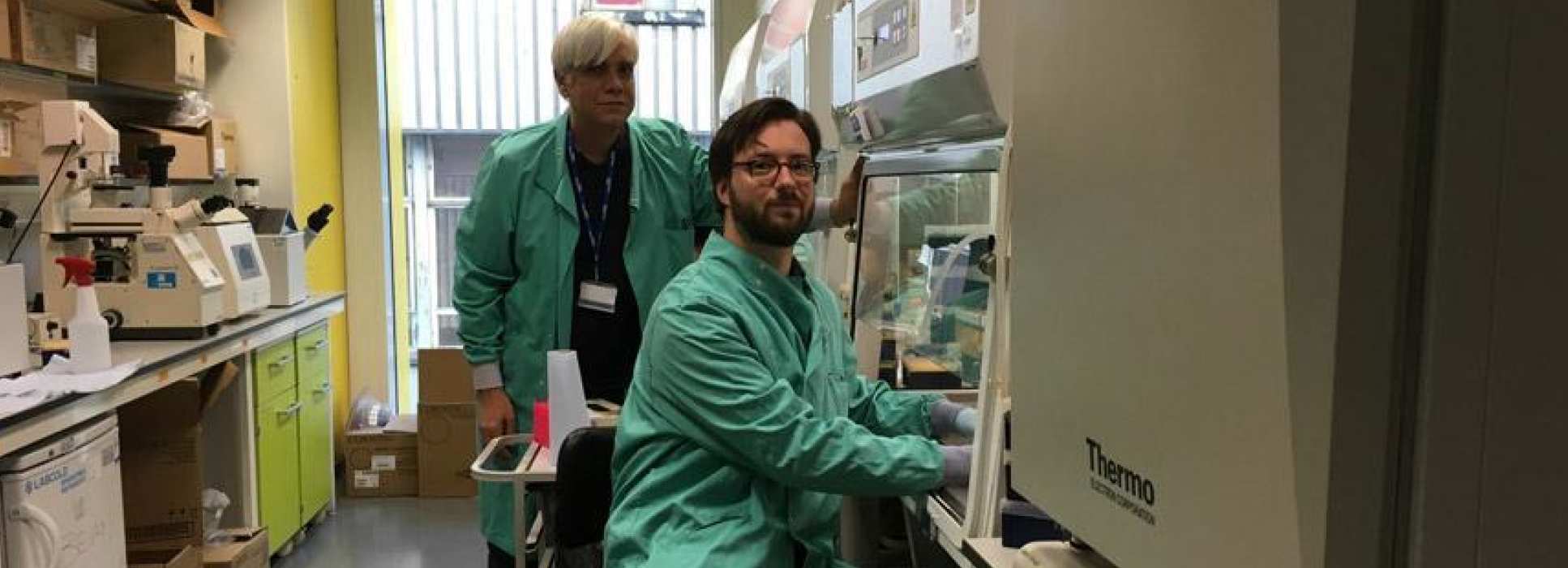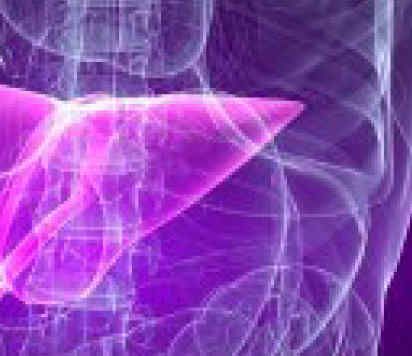
Contact
Professor Simak Ali
+44 (0)20 7594 2811
simak.ali@imperial.ac.uk
Related themes
Disease areas
What we do
Patterns of gene expression direct cell fate, including proliferation and differentiation, which define organismal development and tissue characteristics. Transcription factors regulate gene expression and their activities are frequently deregulated in cancer. We are investigating the transcriptional processes that control breast cancer development and progression, to develop new breast cancer treatments and improve outcome.
Why it is important
The estrogen receptor (ER) is the key transcriptional driver of breast cancer development and progression in 80% of cases and is the target for endocrine therapies that block ER activity. Unfortunately, many patients become resistant to these therapies, highlighting the need for improved understanding of the mechanisms by which ER control breast cancer progression.
How it can benefit patients
By understanding mechanisms of ER action in endocrine responsive and resistant breast cancer, we aim to improve patient outcomes through optimised use of existing therapies and by developing new cancer drugs.
Summary of current research
The purpose of our research is to better understand the molecular mechanisms of ER action through the use of proteomic, transcriptomic, genomic and epigenomic studies using cell line models of breast cancer and with patient samples. We are extensively using ectopic expression, RNA interference and CRISPR-Cas9 technologies for modelling breast cancer. Our current activities include:
- Define gene regulation by ER in breast cancer cell line models of endocrine therapy responsive and resistance, towards identifying key markers of response and resistance.
- Understanding the role of ER phosphorylation in response and resistance to endocrine therapies (Tamoxifen, Faslodex, Aromatase Inhibitors).
- Identify ER interacting proteins, to understand how different cellular signalling pathways converge on estrogen signalling in breast cancer.
- Determine the importance of DNA damage recognition and repair pathways in regulation of gene expression by ER. In particular, the importance of Base Excision Repair (BER) enzymes uracil DNA glycosylase and thymine DNA glycosylase.
- Importance of enzymes implicated in DNA modification, particularly cytidine deaminases (APOBEC3B) in gene regulation and potential involvement of ER/APOBEC3B interaction in driving cancer mutations
- Develop transcriptional inhibitors, with particular focus on cyclin dependent kinases CDK7 and CDK9, as potential new therapeutic approaches for breast and other cancers.
- Understanding the mechanisms of androgen receptor action in breast and prostate cancer, developed from our work on ER function.
-
Breast Cancer Diagnostics Group: The team focusses on the application of circulating cell-free DNA in guiding treatment and in the early detection of recurrence.
Connections
Internal
- Professor A G M Barrett (Department of Chemistry)
- Dr Matt Fuchter (Department of Chemistry)
External
- Dr Jason Carroll (University of Cambridge)
- Dr Frances Fuller-Pace (University of Dundee)
- Professor Jacqui Shaw (University of Leicester)
- Dr Wilbert Zwart (Netherlands Cancer Institute)
- Professor Judith Bliss (The Institute of Cancer Research)
When we have funding for PhD studentships, we advertise them through central channels such as Find a PhD. Information is also available on the Surgery and Cancer study page. If no studentships are currently advertised, please get in touch with the group lead with proposed project titles to discuss further.
Funding opportunities: Imperial MRC DTP programme and President’s PhD Scholarships.
Our researchers
Professor Simak Ali
Professor Simak Ali
Professor of Molecular Endocrine Oncology
Professor Laki Buluwela
Professor Laki Buluwela
Professor of Cancer Medicine
Professor Charles Coombes FMedSci
Professor Charles Coombes FMedSci
Emeritus Professor of Medical Oncology
Dr Carolina Gemma
Dr Carolina Gemma
Honorary Research Associate
Miss Alison E Harrod
Miss Alison E Harrod
Dr Chun Fui Lai
Dr Chun Fui Lai
Research Associate
Dr Manikandan Periyasamy
Dr Manikandan Periyasamy
Honorary Senior Research Fellow
